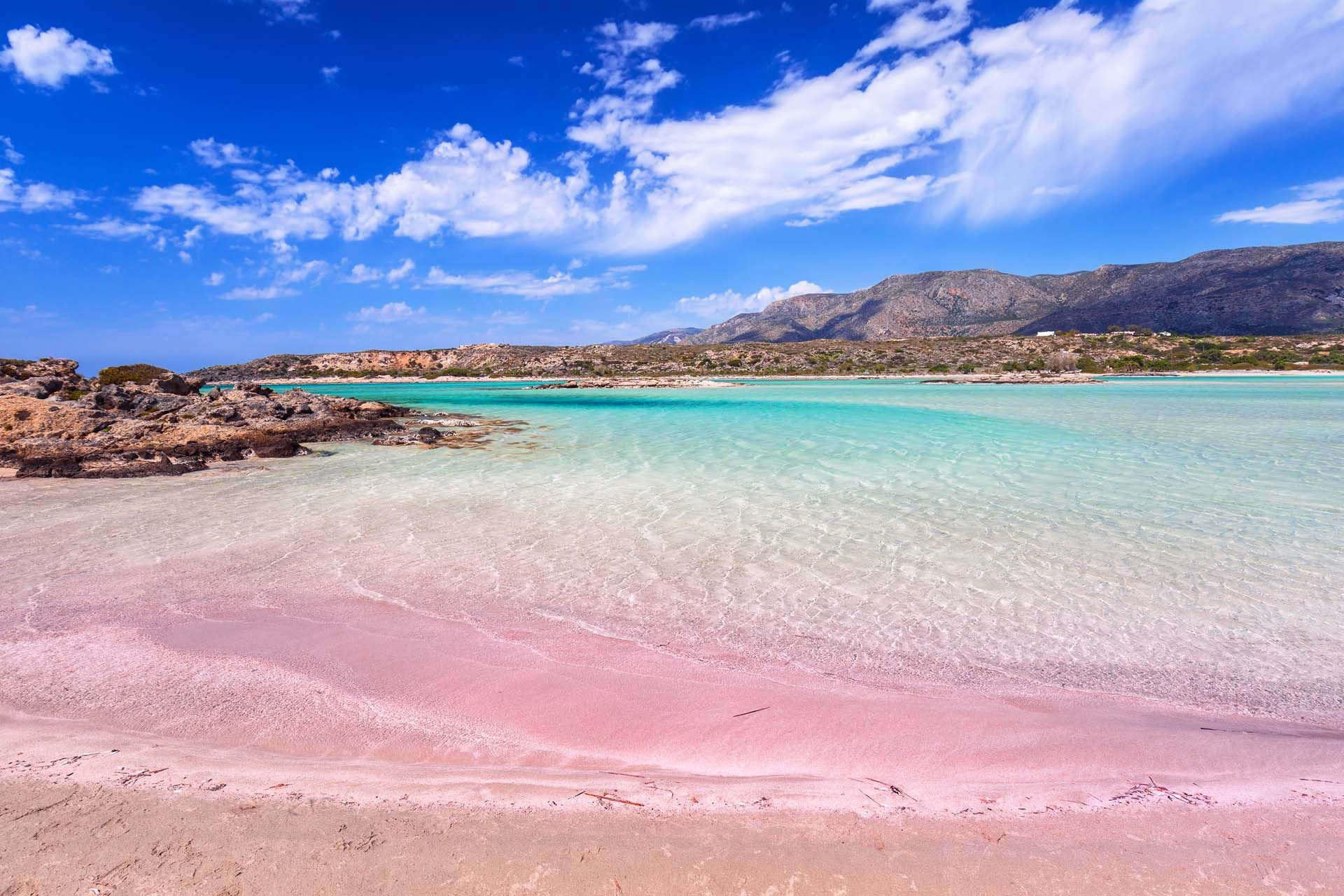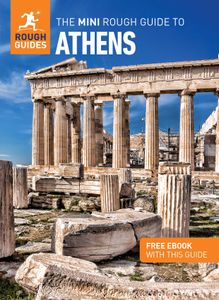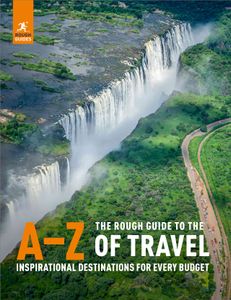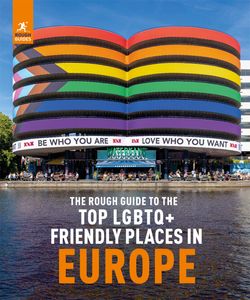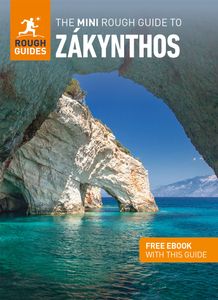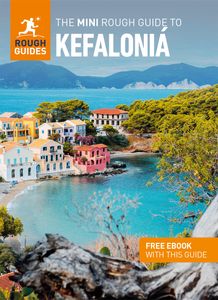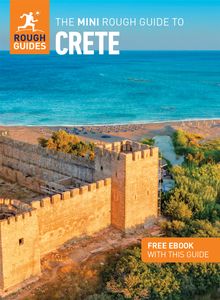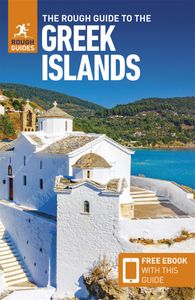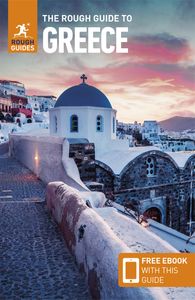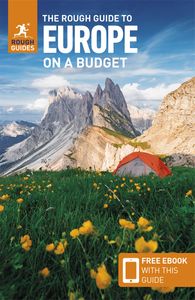9. Balos Bay for secluded beaches
Crete’s far west has, to date, attracted surprisingly little attention from tourists or developers, and though that is beginning to change, such development as there is consists of mostly low-key apartments and rooms rather than big hotels. The one town of any size west of Haniá is Kastélli Kissámou, a port with a ferry service to the Peloponnese, very regular buses to Haniá and a fine museum.
To the northwest of Kastélli the long, slender finger of the Gramvoúsa peninsula reaches out into the Aegean with, on its western flank, the fabulous white-sand beach of Bálos Bay. Extending to the south of this peninsula, Crete’s west-facing coast remains remote: there’s little public transport and virtually nothing in the way of luxurious facilities.






